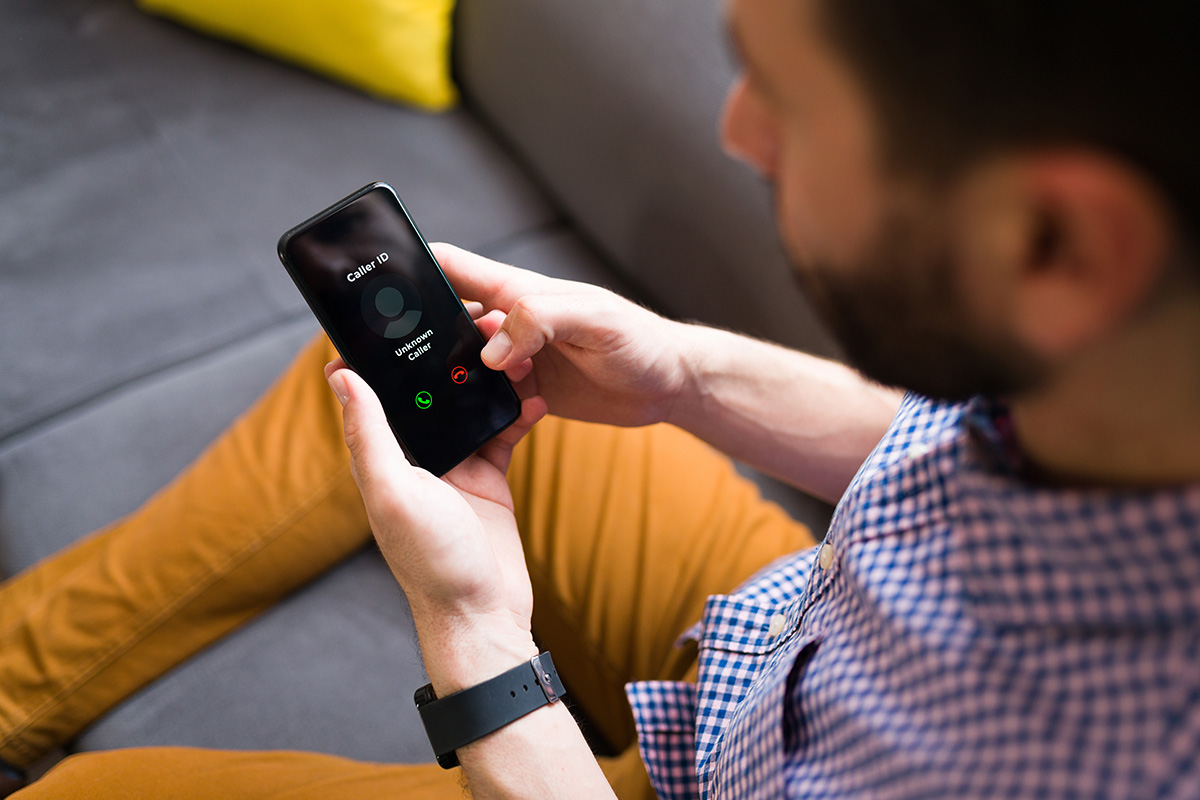
Credit union members in the Northwest are falling victim to a new twist on classic telephone scams. Scammers are using easily obtained software to mimic the phone number of credit unions and other financial institutions. They then make phone calls to their victims, posing as credit union employees from the security department, and try to obtain information from the members to set up fake debit cards and credit cards.
It’s incredibly easy for these criminals to spoof phone numbers. There are apps available in the Google Play and Apple stores that they can use to spoof calls. The fraudsters typically obtain stolen personal information about their intended victim on the dark web. When posing as credit union employees, they use data they already have to trick the victims into providing them with more information.
Spoofed calls can be reported to the Federal Communications Commission and the Federal Trade Commission. These agencies have the authority to enforce federal laws that regulate caller ID spoofing, autodialed calls, and interstate fraud perpetrated over the phone. They may not be able to investigate individual cases, but reports can help them collect evidence for lawsuits against scammers.
If you have lost money to a criminal scam, it should be reported to local law enforcement. Unfortunately, the credit union is unable to reimburse you for any lost funds resulting from you sharing confidential information.
Ready to speak about Security?
Questions about your account or our services? Our Member Services team is standing by.
How to Avoid Spoofing Scams
The FCC has provided tips for consumers to avoid spoofing scams that credit unions may wish to share with their members.
- You may not be able to tell right away if an incoming call is spoofed. Be extremely careful about responding to any request for personal identifying information.
- Don’t answer calls from unknown numbers. If you answer such a call, hang up immediately.
- If you answer the phone and the caller – or a recording – asks you to hit a button to stop getting the calls, you should just hang up. Scammers often use this trick to identify potential targets.
- Do not respond to any questions, especially those that can be answered with “Yes” or “No.”
- Never give out personal information such as account numbers, Social Security numbers, mother’s maiden names, passwords, or other identifying information in response to unexpected calls or if you are at all suspicious.
- If you get an inquiry from someone who says they represent a company or a government agency, hang up and call the phone number on your account statement, in the phone book, or on the company’s or government agency’s website to verify the authenticity of the request. You will usually get a written statement in the mail before you get a phone call from a legitimate source, particularly if the caller is asking for a payment.
- Use caution if you are being pressured for information immediately.
- If you have a voice mail account with your phone service, be sure to set a password for it. Some voicemail services are preset to allow access if you call in from your own phone number. A hacker could spoof your home phone number and gain access to your voice mail if you do not set a password.
- Talk to your phone company about call blocking tools and check into apps that you can download to your mobile device. The FCC allows phone companies to block robocalls by default based on reasonable analytics. More information about robocall blocking is available here.
- Remember to check your voicemail periodically to make sure you aren’t missing important calls and to clear out any spam calls that might fill your voicemail box to capacity.
Spoofed Caller-ID Numbers in Vancouver WA
Serving Greater Vancouver WA